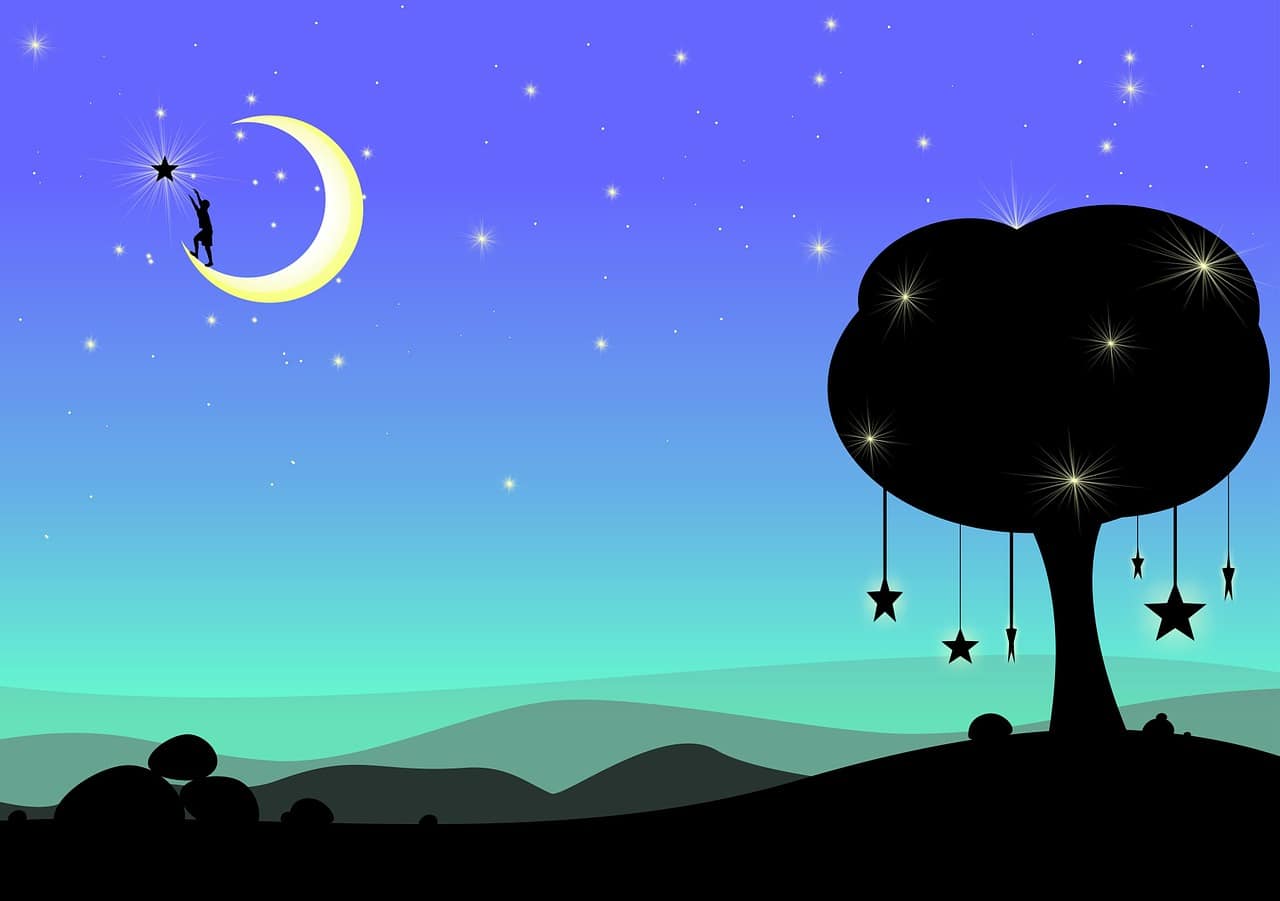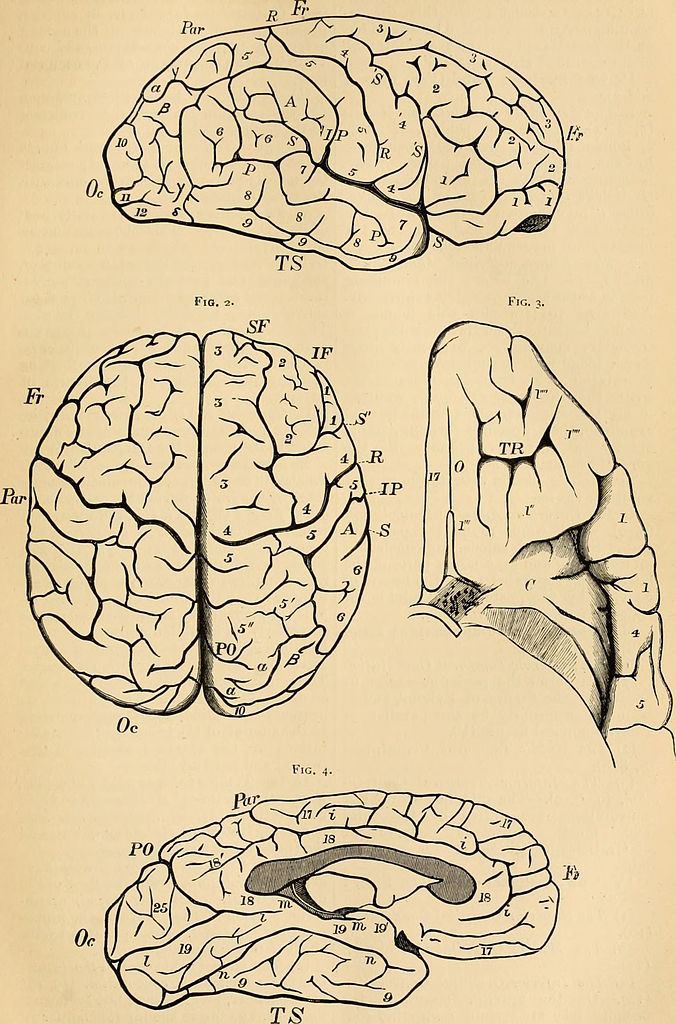Science Circus Africa aims to make STEM – Science, Technology, Engineering and Maths – inspiring, amazing and accessible for students, teachers and the community, while also training and equipping African teams to continue this work.
This project is about Africa, Australia and in time the rest of the world working together to create sustainable impacts – both for African youth, communities and science education, and for economic growth, industry and a county’s capacity in STEM that drives this. Our African partners have been selected because they are all working towards big, long-term goals to deliver innovative science education for their countries; Science Circus Africa aims to join them on this journey.
“If you want to walk fast, walk alone; but if you want to walk far, walk together” – African proverb.
What we do
In schools and public venues, the Circus brings science and technology to life using hands-on exhibitions, exciting science shows and live demonstrations and teacher workshops using everyday materials.
Australian and African staff work hand in hand to deliver programs in an immersive training experience. Content is honed with our local partners to be relevant and accessible to each country and more broadly to Africa as whole. After each tour, equipment is donated to our African partners for ongoing use – and ongoing impacts.
The Circus has a range of impacts, but at its heart it is about developing people and ongoing programs while simultaneously running programs to benefit African communities.
- For students, it provides curriculum-relevant, enjoyable and exciting science education, inspires future study and careers and makes learning fun.
- For teachers, it provides inspiration, resources and know-how to do science with easily available local materials.
- For communities, it demystifies science and shows its role in our everyday lives.
For countries, these impacts are critical for wellbeing and economic growth.
Who we are
The project was founded through a collaboration between the Australian Government, Australian National University (ANU), Questacon – The National Science and Technology Centre (Australia), the Dūcere Foundation, Science ShowOffs – Dr Graham Walker and many African partners. Visit the Partners page to see all sponsors, supporters and partners.
The Circus’s principle supporter is the Australian Government Department of Foreign Affairs and Trade (DFAT).


Science Circus Africa is tailored based on the needs of each country and partner it works with, however a typical project involves:
- Science shows packed with fun, interactivity and exciting education for schools and the general public. These shows align with the curriculum, include content relevant in the African context and primarily use locally available everyday items. For school shows, several schools from a locality will congregate at a community hall or larger school to maximize impact/numbers.
- Teacher-training workshops that showcase engaging hands-on science that can be done with locally available free/low-cost materials. Apart from hands-on training, teachers also receive a resource booklet, magnets and other educational equipment.
- Public exhibitions with science demonstrations and hands-on activities for the community. These are run in busy public areas such as shopping centres and transport hubs.
- DIY science exhibits are constructed in selected countries using primarily low-cost local materials like PVC tube, softdrink bottles and plywood. Exhibitions are run for schools and the community and often become permanent exhibitions after the Circus departs.
- Capacity building and training for African staff on the above activities. African staff take a lead role delivering the project, such as presenting shows and workshops. This is the key activity that facilitates sustainable outcomes from the project.
All materials to run these programs on an ongoing basis are donated to our African partners in each country.
2015 project summary
Teacher Workshop (in 40 seconds)
A snapshot of our workshops which show African teachers how to do fun, exciting and curriculum-linked science with locally available cheap or free items.





